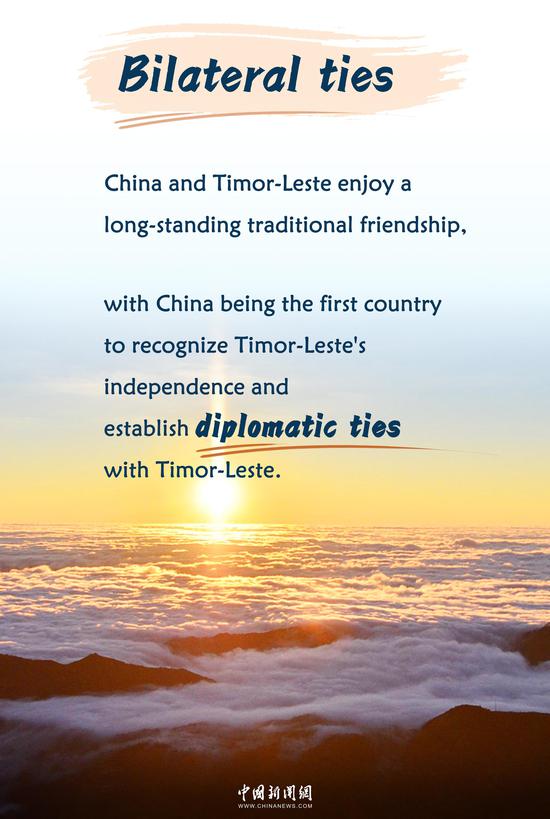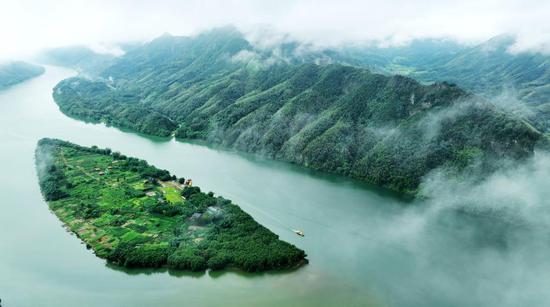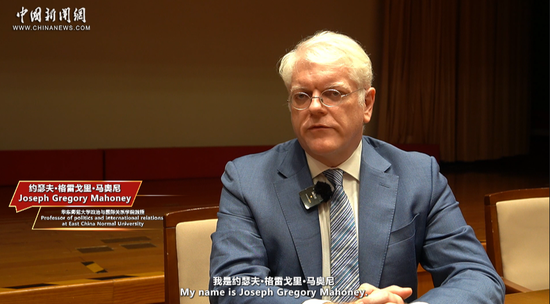China's deep-sea manned submersible Jiaolong conducted a deep-diving operation in Western Pacific Ocean on Sunday, with foreign scientists involved for the first time.
Experts said the move indicated a new phase in China's deep-diving scientific research as well as its inclusive global mind-set.
A scientific expedition team on board research vessel Shenhai Yihao (meaning Deep Sea No.1) arrived at the first operation site in the Western Pacific Ocean on Saturday around 10 pm Beijing time, according to a Xinhua News Agency report on Sunday.
According to Xinhua, Xu Xuewei, chief scientist of the mission, along with crew members Qi Haibin and Zhang Yi, completed the first dive at 11 am on Sunday Beijing time, signifying the successful completion of the 300th dive of Jiaolong.
According to Xu, the team is scheduled to conduct its mission in the Magellan Seamounts in the Western Pacific Ocean, which is regarded as a priority area for future deep-sea biodiversity conservation.
It is an incredible accomplishment to complete deep-diving operations in the Western Pacific Ocean given the sea conditions there, Yu Xingguang, a research fellow at the Third Institute of Oceanography of Ministry of Natural Resources, told the Global Times on Sunday. This proves that China's deep-diving scientific research has ushered into a new phase.
Xinhua said that Jiaolong is scheduled to make 18 dives to collect deep-sea organisms, seawater and sediments, so as to deepen the understanding of the unique ecosystems and environments of seamounts.
Yu noted that Jiaolong enjoys favorable capabilities, combined with its rich experience in deep-sea exploration. Jiaolong's significance, therefore, lies in its potential to contribute to the protection of biodiversity and marine ecosystems.
Tang Dongmei, a senior official of the Ministry of Natural Resources, said at the launch ceremony on Saturday that the China-led Digital Deep-sea Typical Habitats Program had gained the support and participation of 39 countries, Xinhua reported.
As the first international voyage under the program, the expedition also involves scientists from Canada, Spain, Colombia and other countries and regions, according to Xinhua.
This shows how the team members from different countries and regions can share experiences and learn from each other, and demonstrates that China's deep-diving research serves as an international research platform, emphasizing China's open-mindedness to scientific development, Yu said.


















































 京公网安备 11010202009201号
京公网安备 11010202009201号